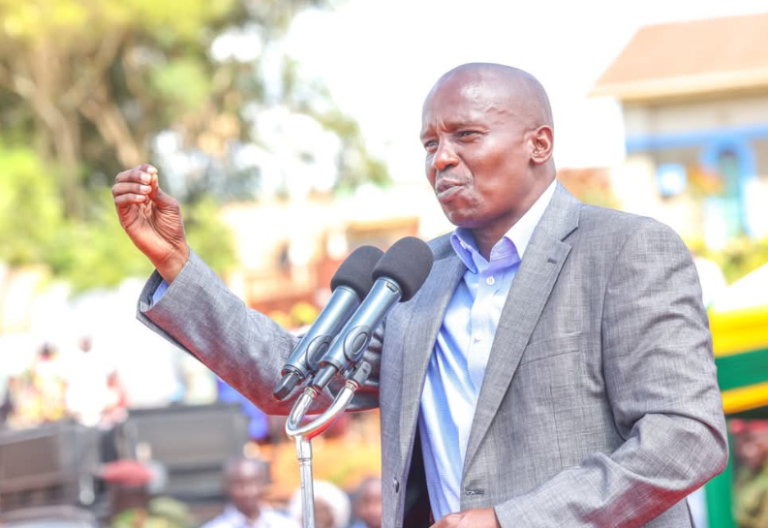Officials target employers who owe Ksh21B to SHA

Private sector employers across the country owe the government Ksh21 billion in unremitted contributions to the Social Health Authority (SHA), the Ministry of Health has revealed as it launches a phased recovery initiative.
“If you are an employer who deducts money from employees’ salaries but delays or fails to remit it to SHA, the government is coming for you,” Medical Services Principal Secretary Dr Ouma Oluga warned yesterday.
The warning came as Oluga announced the deployment of over 100 officers for the SHA employer compliance initiative. Nairobi County alone owes the ministry over Ksh3 billion, with about 13,000 employers failing to comply with the social health insurance law.
Nairobi takes cake
“Today marks the beginning of a nationwide push to strengthen compliance with the Social Health Insurance Act,” Oluga said at the SHA head office in Nairobi yesterday.
The campaign will begin in Nairobi, where over 12,900 employers have been flagged for non-compliance.
“That is not a small figure, and it directly impacts our ability to pay hospitals and offer healthcare services to Kenyans,” he added, noting that some of the recovered funds are earmarked for settling debts owed to health facilities.
According to Oluga, 98,112 employers have registered on the SHA portal, but only 53,000 have complied with the relevant Act, which came into force in October 2023 alongside three other laws: the Primary Health Care Act, the Facility Improvement Financing Act, and the Digital Health Act.
The government is now pursuing the remaining 45,112 employers who “must be compelled to register”.
“Let me be clear: this is not about punishment,” Oluga stressed. “It is about building and strengthening partnerships and shared responsibility.”
The SHA team will work directly with employers to support them, explain requirements, and ensure everyone plays their part in building a fair and sustainable health system, he said.
Human cost
Oluga highlighted a critical issue affecting patients: “We have patients in hospitals who are aware they are fully registered with the Social Health Authority by virtue of being employed, but their employers have not yet remitted the money.”
This situation creates conflicts between hospitals and patients, and between patients and SHA, either through deliberate action or omission by employers.
“This is some of the noise across the country that SHA is not working, and we want to end this once and for all,” he said. “We are going out there to assist employers, but also to ensure they actually comply.”
Legal obligations
The PS emphasised that providing social protection, including health insurance, is an obligation under both the Employment Act and the Social Health Insurance Act, alongside other Universal Health Coverage (UHC) legislation passed by Parliament.
“Today, we are focused on the Social Health Insurance Fund, specifically the 2.75 per cent that must be deducted by employers and remitted to SHA by the ninth of every month,” he said.
The government plans to work closely with employers, particularly those who have paid salaries but failed to make remittances. Recovery of the Ksh21 billion will enable the government to pay hospitals by the 14th of every month, Oluga said.
Phase one begins in Nairobi today, followed by expansion to Kiambu and Kajiado counties, before moving to the rest of the country in the coming months.












